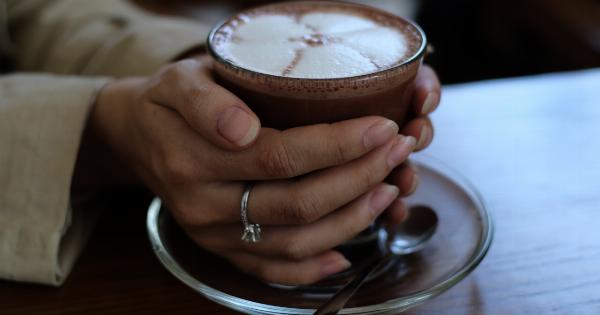Coffee and beer are two of the most popular beverages in the world. Both have been consumed for centuries and have become an integral part of many cultures. Coffee is known for its stimulating effects and ability to keep people alert and focused.
Meanwhile, beer is a popular alcoholic drink that people enjoy for its delightful taste and socializing effects. While drinking either of these beverages in moderation can be enjoyable, what long-term effect do they have on life expectancy? We’ll explore the impact of coffee and beer on life expectancy in this article.
Coffee and life expectancy
For many people, coffee is a morning ritual that helps kickstart their day. Coffee contains caffeine, a powerful stimulant that is commonly known to induce wakefulness.
The amount of caffeine in coffee depends on the type of beans used, the roast, and the brewing method. A typical 8-ounce (240-milliliter) cup of coffee contains between 70-140 milligrams of caffeine.
Studies have suggested that moderate coffee consumption, whether caffeinated or decaf, has several health benefits. One study found that moderate coffee consumption was associated with a reduced risk of cardiovascular disease and type 2 diabetes.
In addition, another study linked regular coffee consumption with a lower risk of liver cancer, Parkinson’s disease, and dementia.
However, it’s important to note that excessive caffeine intake can cause unpleasant side effects, including anxiety, insomnia, and digestive issues.
High caffeine intake has also been linked to an increased risk of cardiovascular events and bone fractures in some studies.
A 2017 study published in the journal Annals of Internal Medicine suggested that moderate coffee consumption was associated with a lower risk of death from cardiovascular disease, neurological disorders, and suicide.
The study followed more than 185,000 participants over 16 years and found that consuming three to five cups of coffee per day was associated with the lowest risk of death. Interestingly, the study found that decaf coffee provided the same benefits.
Beer and life expectancy
Beer is one of the world’s most popular alcoholic drinks and has been consumed for thousands of years. Beer production can be traced back to ancient civilizations, and it has played an important role in social gatherings ever since.
Like other alcoholic beverages, beer can be enjoyable when consumed in moderation, but can have negative effects when consumed excessively.
The impact of beer on life expectancy is complex and depends on a variety of factors, including the frequency and amount of consumption, as well as individual health conditions.
Studies have suggested that moderate beer consumption may have some health benefits, such as a lower risk of heart disease. However, excessive beer consumption can lead to several health issues, including liver disease, obesity, and an increased risk of several types of cancer.
A 2018 study published in the journal PLOS Medicine found that people who drank moderate amounts of alcohol had a lower risk of death than those who abstained from alcohol.
However, the study also found that heavy drinkers had a higher risk of death than non-drinkers. The study defined moderate drinking as up to one standard drink per day for women and up to two standard drinks per day for men.
One standard drink is defined as 12 ounces (355 milliliters) of beer or 5 ounces (148 milliliters) of wine or 1.5 ounces (44 milliliters) of distilled spirits.
The effect of coffee and beer on life expectancy
Several studies have suggested that both moderate coffee and beer consumption may have some health benefits. However, it’s crucial to drink in moderation to reap these benefits while avoiding potential negative side effects.
Consuming large amounts of caffeine or a high volume of beer can cause unwanted health consequences that can lower overall life expectancy.
Addiction to coffee and beer can also have negative impacts on a person’s daily routine, with caffeine causing insomnia and anxiety, and excessive drinking damaging relationships and harming work performance.
Conclusion
Overall, both coffee and beer can be enjoyed in moderation and have health benefits when consumed responsibly. Drinking both in moderation has shown to have the most positive effects on life expectancy.
It’s important to remember that these drinks aren’t a substitute for a healthy diet and regular exercise, which remain crucial components of a long and healthy life.






























